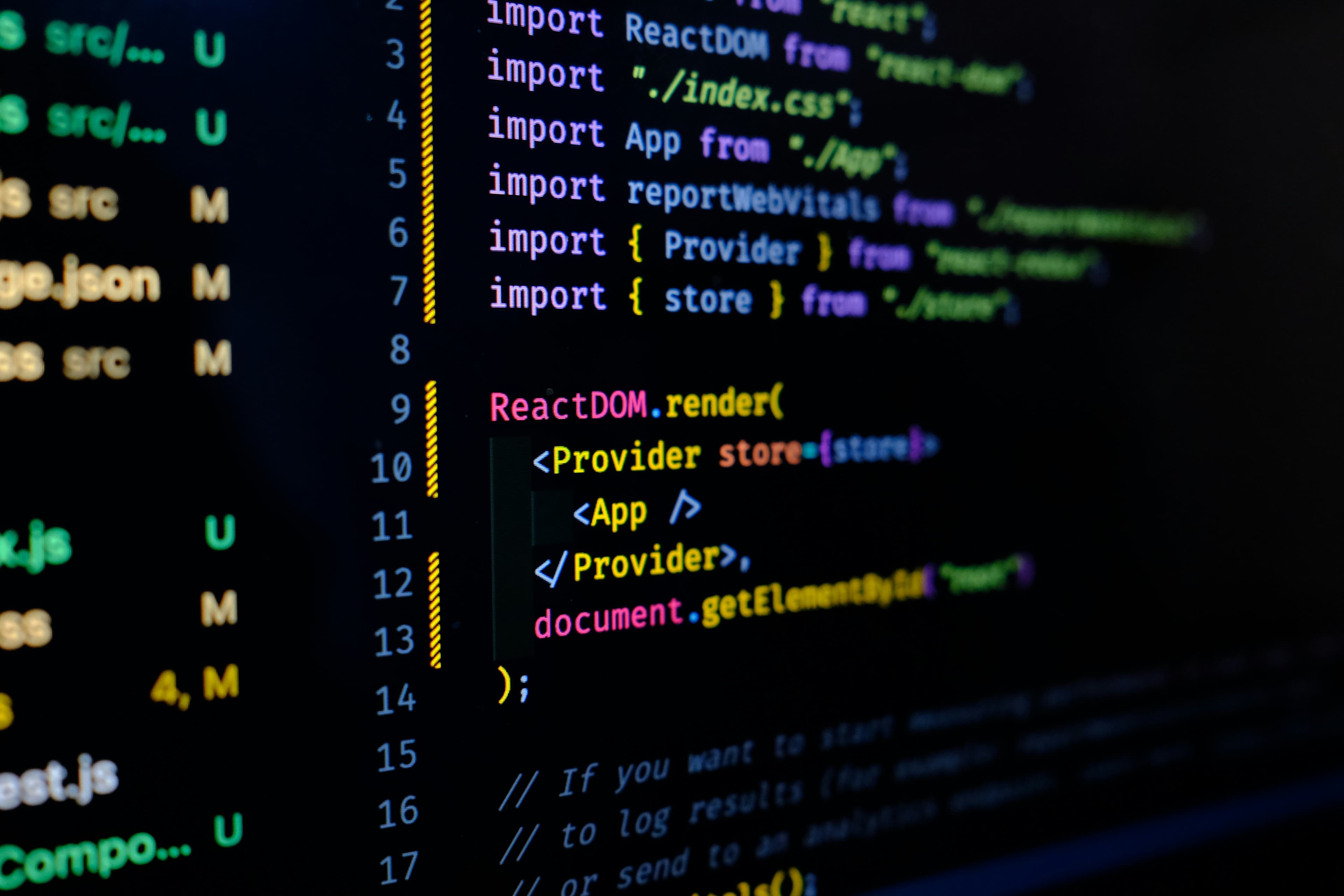Machine Learning
100+ AI Projects
95% Efficiency Gain
24/7 Automation
50+ Clients
100+ AI Projects
95% Efficiency Gain
24/7 Automation
50+ Clients

Machine learning is a subset of artificial intelligence (AI) that allows systems to learn from experience and improve automatically without being explicitly programmed. This field focuses on developing computer programs that can access data and use it to learn for themselves.
The learning process begins with observations or data, such as examples, direct experience, or instruction, in order to look for patterns in data and make better decisions in the future based on the examples we provide. The primary aim is to allow the computers to learn automatically without human intervention or assistance and adjust actions accordingly.

A machine learning developer specialises in creating algorithms and statistical models computers use to perform specific tasks without explicit instructions. This role is critical in numerous fields, such as finance for credit scoring, healthcare for predictive diagnostics, marketing for customer insights, and more, where making data-driven decisions is crucial for success.
A machine learning developer works with a variety of programming languages like Python, R, and Scala, and they utilise libraries such as TensorFlow, PyTorch, and Scikit-learn to build models that can analyse complex data sets to predict outcomes and automate decision-making processes.

Hiring a machine learning developer can significantly benefit your business by optimising and automating decision-making processes, enhancing predictive accuracy, and driving innovation. For example, in the financial sector, machine learning models can assess credit risk more accurately than traditional methods.
In marketing, these models can analyse consumer data to tailor marketing strategies that significantly boost conversion rates. Moreover, machine learning can streamline supply chain logistics by predicting demand spikes, ensuring better stock management. All this potential makes a machine learning developer a valuable asset to any forward-thinking business looking to capitalise on the latest trends in artificial intelligence.


Building a platform to manage a nationwide fleet of tyre repairs


Building and integrating a digital platform system to accommodate a global marketplace


AI-powered system that automates crime story discovery


Educate smarter. Sell faster. Support globally


Boosting digital presence through illustration


Transforming rehabilitation through secure digital innovation


Turn passive shoppers into active learners and buyers through immersive digital retail
Get a free £350 consultation with our team and discover how we can save you time and money through tailored software and strategy.
&Element created us an immersive brand and brand strategy for Entrepreneurs Forge. The team worked with us through many research rounds to delivery exactly what we wanted.
Ruth Patron
Centre Manager, University of Suffolk





